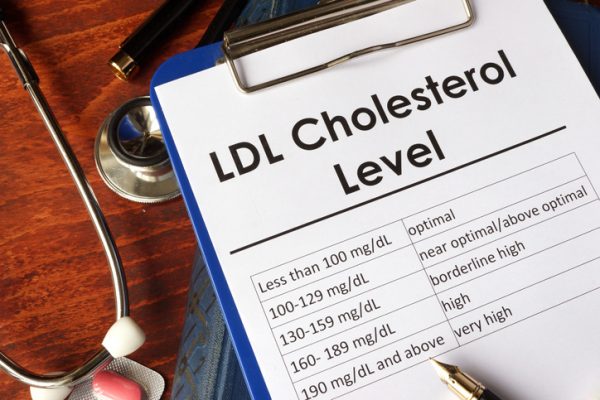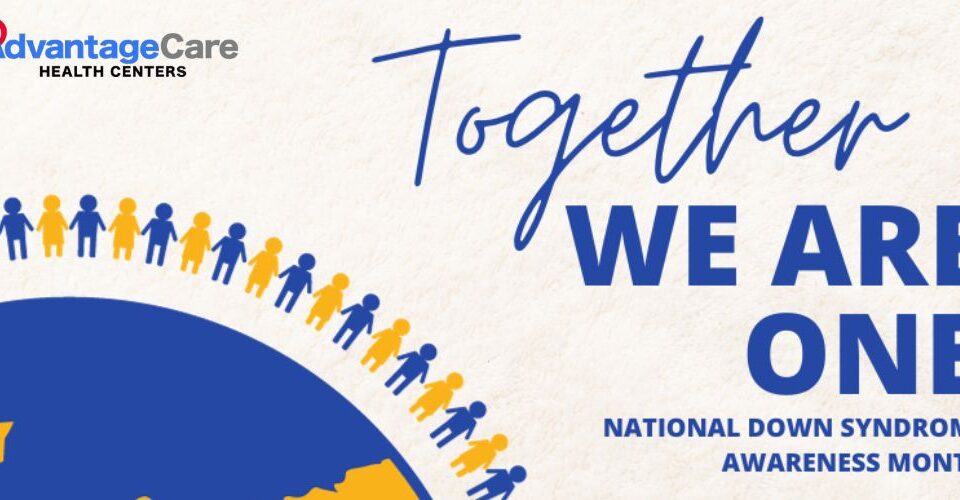
Celebrities Raise Mental Health Awareness by Sharing Personal Experiences
October 7, 2021
American Diabetes Month: Avoiding Diabetes Management Mistakes
November 16, 2021
Nearly four out of every 10 Americans have high cholesterol, one of the contributing factors in many heart attacks and strokes. Yet, despite how common high cholesterol has become, many of us would likely not be able to answer the fundamental question: what is cholesterol? By learning the facts about heart health today, you will be able to protect your body better tomorrow.
Exactly What is Cholesterol?
Cholesterol is a waxy lipid (fat) that helps cell membranes to form layers. These layers protect the cell by determining which compounds can enter or leave the cell.
Where Does it Come From?
Our bodies naturally create cholesterol, but we also get it from animal-based foods.
What is Cholesterol Used For?
Cholesterol is made by the liver to create bile, which is needed for digestion. It is needed to produce vitamin D along with certain hormones.
Understanding the 3 Types of Cholesterol
When moving throughout the body, cholesterol is transported by three different lipoproteins, including:
- Low-density lipoprotein (LDL), known as “bad cholesterol”
- High-density lipoprotein (HDL), known as “good cholesterol”
- Very low-density lipoproteins (VLDL), which carry triglycerides
In order to have a healthier heart, you need to have higher HDL levels and lower LDL levels.

Why High Cholesterol is Bad for Your Body
Having high levels of “bad cholesterol” increases the risk of fatty deposits in the blood vessels. This condition narrows the passageways and impacts the ability of blood to flow freely throughout the body.
High LDL cholesterol can cause serious health consequences, including:
- Heart attack
- Stroke
- Coronary heart disease
- Peripheral artery disease
- Sudden cardiac arrest
Heart attack and stroke are the leading causes of death in the United States. Although these heart conditions are not always due to high cholesterol, you can minimize your risk by maintaining healthy cholesterol levels.
The Risk Factors for High Cholesterol
While anyone can have high cholesterol, certain risk factors increase the likelihood of developing this condition.
High cholesterol is mostly diagnosed in people aged 40 to 59, though it can affect people of all ages, including children. As people get older, the liver becomes less effective at removing “bad cholesterol,” which increases the risk of overall high cholesterol levels.
High cholesterol may also be genetic. If members of your family have it, you are more likely to be diagnosed with it. Certain genes impact lipoprotein-a levels, which determines your risk of heart or blood vessel diseases.
Other factors to consider include race, ethnicity, and gender.

How to Maintain Healthy Cholesterol Levels
Regardless of your age, family history, or ethnicity, taking good care of your heart is essential. Even a few minor changes in your diet and lifestyle can have a considerable impact on your cardiovascular health.
Diet
- Eat heart-healthy meals
- Reduce the amount of saturated fats in your foods
- Eliminate trans fats entirely
- Eat foods high in omega-3 fatty acids, such as salmon, flax seeds, and walnuts
- Add more fiber to your diet
Lifestyle
- Exercise for at least 30 minutes, five days a week
- Maintain a healthy weight
- Quit smoking
- Drink alcohol in moderation
Get Heart Healthy with Advantage Care
Now that you know the answer to the question “what is cholesterol?” it’s time to begin taking better care of your heart health. Advantage Care Health Centers is the perfect place to get started with a cholesterol screening. Our trusted team of qualified health professionals provides affordable medical services, regardless of your insurance status or the ability to pay.
Contact us today to request an appointment at our Freeport or Brookville health centers.





